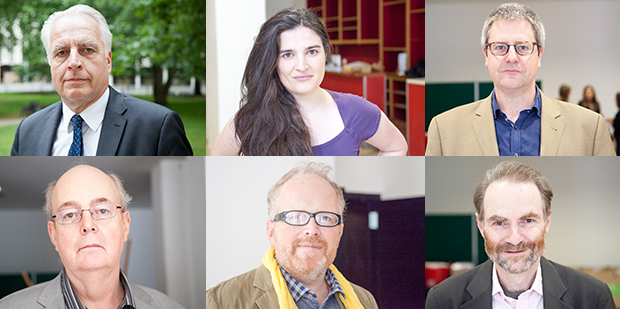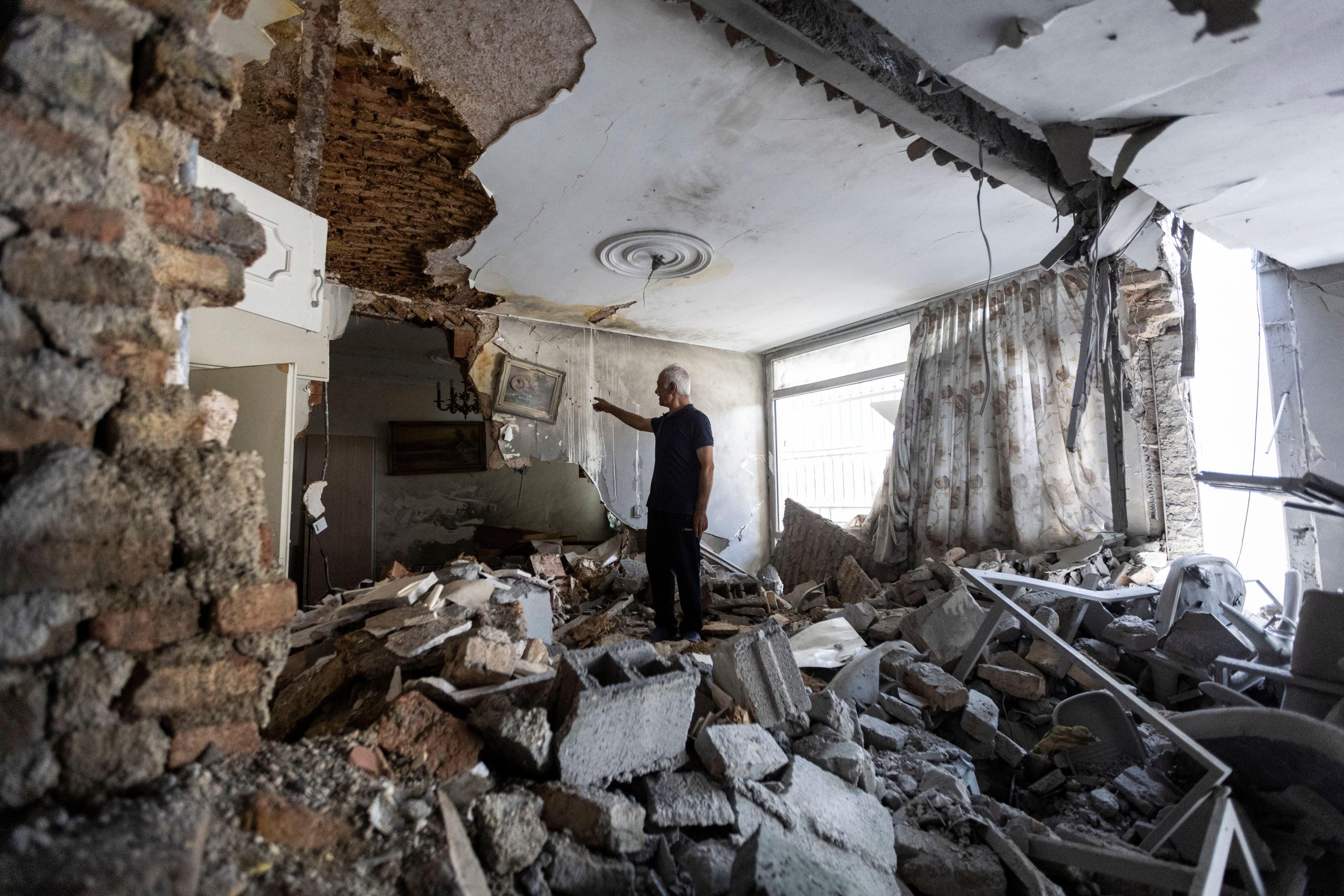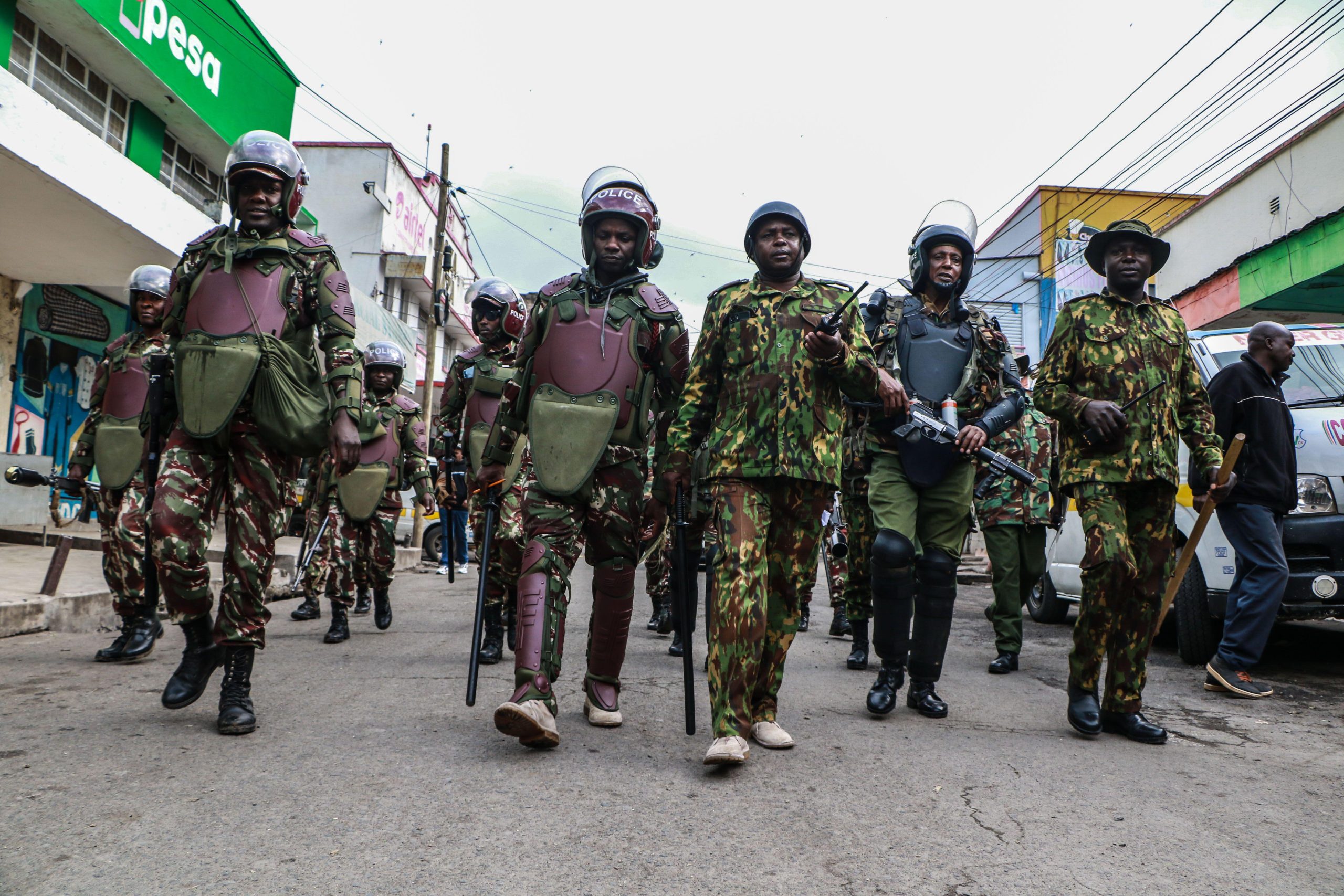
Martin Roth, Kate Maltby, Sebastion Borger, David Edgar, Tomasz Kitlinski and Timothy Garton Ash.
In 1977, the Russian dissident Alexander Ginzburg — whose detention and sentencing almost a decade earlier helped to spur the creation of Index on Censorship — was again arrested by the Soviet authorities. For 17 months, a team of KGB officers interrogated the poetry publisher, threatening to arrest friends and colleagues unless he co-operated, attempting to scare him with the prospect of the death penalty and denying him medical treatment.
In the midst of this, Ginzburg recalled: At least I knew they would not kill me before the trial. “This is because I was a defended person, someone whom the West knew about and was likely to make a fuss about. Without this form of defence, political prisoners just die”.
I was reminded of Ginzburg’s comments last night as we discussed freedom in Europe 25 years after the fall of the Berlin Wall. A question was posed: Are we more free than we were in 1989? In a surprisingly tightly contested vote, the majority edged it with the decision that we were freer.
Kate Maltby, one of our panellists, pointed out that her Hungarian family could now travel freely to meet loved ones outside the country, something they could not do before the wall fell. Others on the panel, which included historian Timothy Garton Ash and playwright David Edgar, pointed to political plurality and greater protections for free expression. Martin Roth, director of the V&A museum, recalled the East Germany’s transition to capitalism in Dresden, with graffiti reading “Elect money”. But a warning note was also sounded that reminded the audience that hard won freedoms need to be protected. Tomasz Kitliński, Polish political philosopher and civic activist, put it best when he described the new dissidents: artists and writers who continue to face threats from the authorities. He pointed to cases like that of Dorota Nieznalska, who was convicted of blasphemy, fined and prevented by a judge from leaving the country for displaying a piece of art that included an image of a penis on a cross. The exhibition of which her installation formed part was closed down by authorities.
Elsewhere, as we see in the reports coming into our EU media mapping project, authorities, particularly in the Balkans, are taking an increasingly hard line on the media and other civil society groups, while in countries like Russia and Turkey new laws are being used to suppress freedom of expression online. Threats also persist offline. Last week, Index joined calls for Tajikistan to release a Canada-based academic, Alexander Sodiqov, who was arrested for “spying” while on a research trip and who now faces a jail sentence of between 12 and 20 years. Sodiqov is also accused of treason a charge that was similarly laid at the door of Ginzburg by the Soviet authorities nearly 40 years ago.
Are we more free in Europe and the former Soviet Union than in 1989? Certainly. Are we all more free? No. And, as cases like those of Sodiqov remind us, we can never be complacent.
This article was posted on July 11, 2014 at indexoncensorship.org





